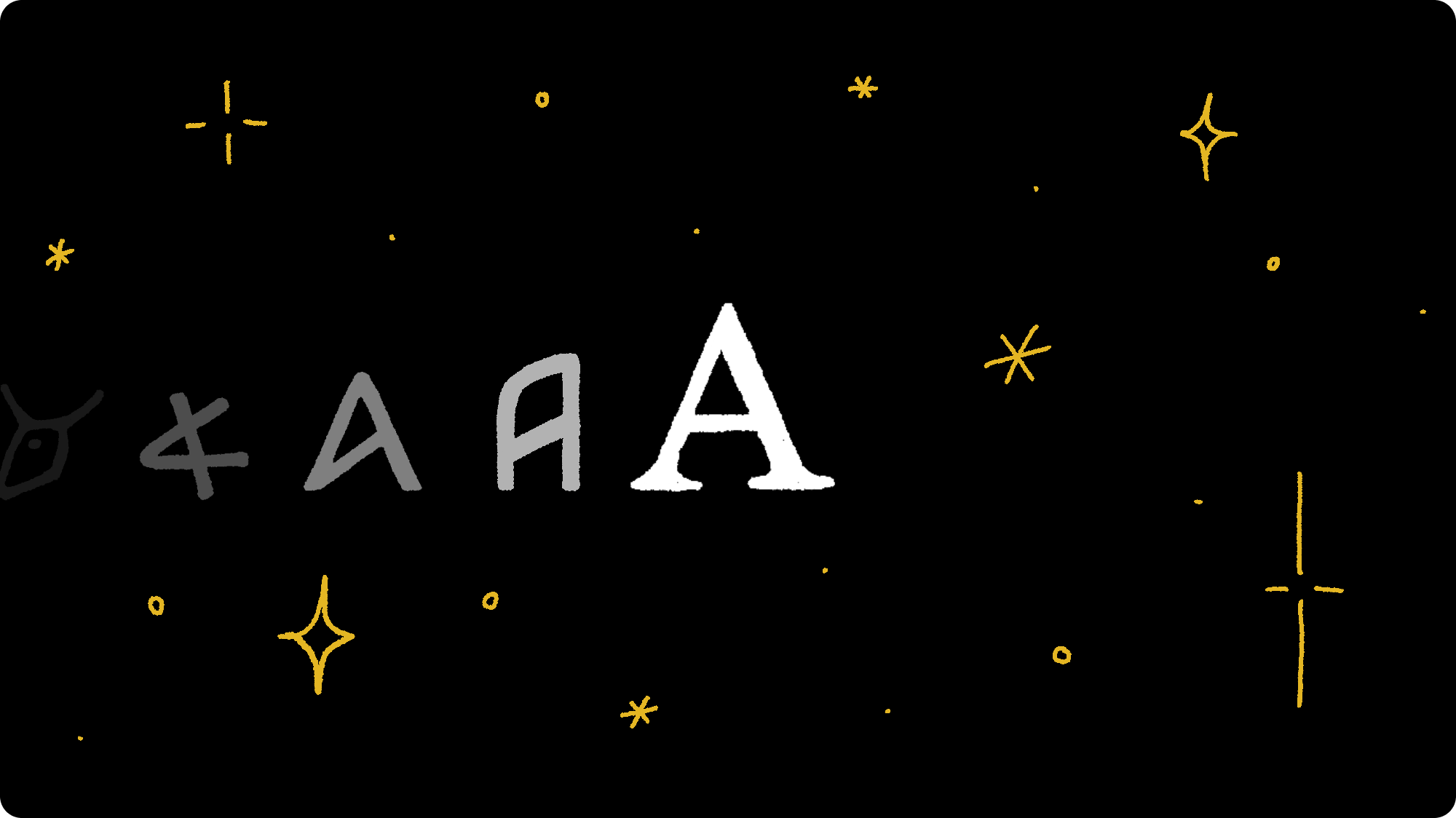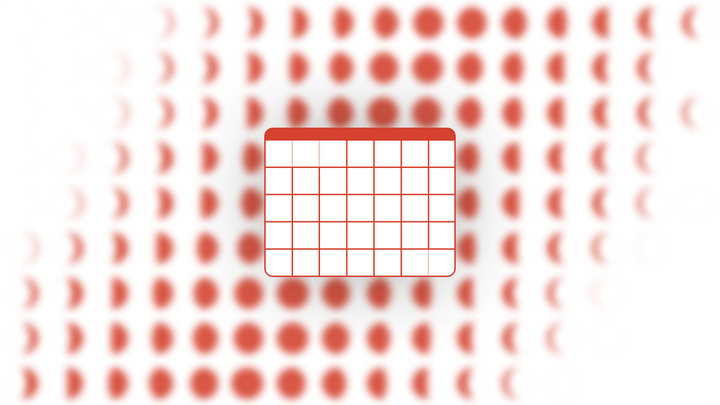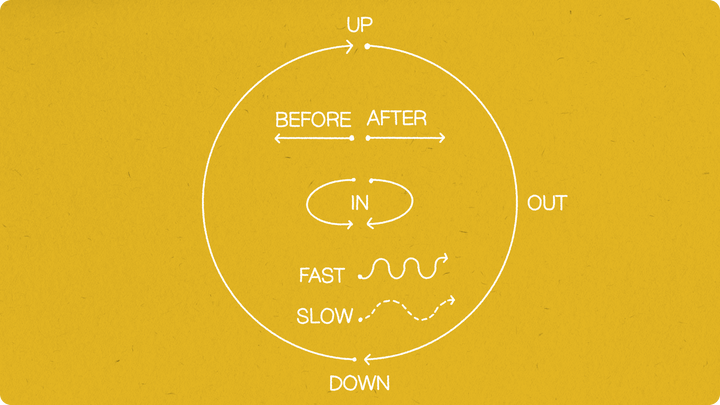Humanity as Organism
How Synchronized Swimmers, Herds of Sheep and the Ubuntu Philosophy Can Make Us Question Individualism
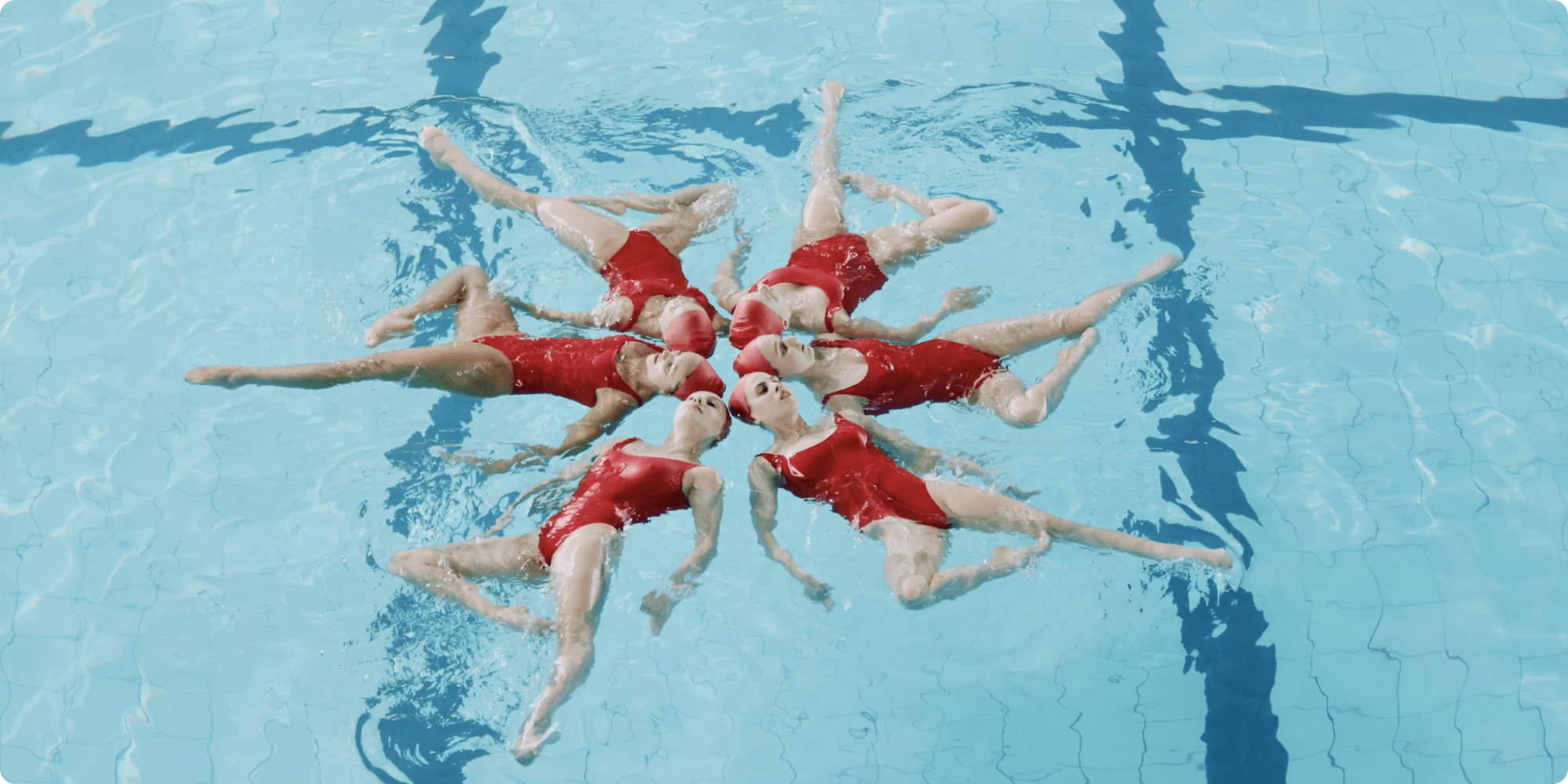
During these last Olympic Games (Tokyo 2020), I was watching the synchronized swimming event and something sparked my curiosity. When they’re performing, these athletes —in quite large groups of 8 swimmers— become one. A single entity. The individual arms and legs aren’t much, but when they move together, we start seeing patterns, shapes begin to appear. New objects that are more than the sum of the 8 pairs of limbs.
Then I got thinking; if an animal were to encounter this entity, this creature, say, in a lake, the animal would get much more afraid and confused than if it had just met 8 people swimming regularly. As if this new being seemed or even was potentially more powerful or strong or dangerous.
Similar to the mesmerizing moving blobs we can witness when a herd of sheep is observed from a distance.
Basically with these synchronized swimmers, I saw them as an organism, where their working together amounted to more than the sum of their individual performances. These athletes, the individuals, are synchronized swimmers because —and when— they are part of their group. Their talent as athletes shines when they form this choreographed entity.
This made a link in my head with the South African philosophy of "Ubuntu". Ubuntu’s direct translation expresses that "I am because you are" or sometimes "I am because we are". And that means either of two things:
- I am because you are an external being that can recognize my existence (a bit like in Avatar when the Na'vi say "I see you")
- I am because I’m part of an organism which requries you and everyone else in it to function —more than function actually, to become a whole new thing.
Then I stumbled onto this eloquent definition via the Dense Discovery newsletter:
“A person is a person through other people strikes an affirmation of one’s humanity through recognition of an ‘other’ in his or her uniqueness and difference. It is a demand for a creative intersubjective formation in which the ‘other’ becomes a mirror (but only a mirror) for my subjectivity. This idealism suggests to us that humanity is not embedded in my person solely as an individual; my humanity is co-substantively bestowed upon the other and me. Humanity is a quality we owe to each other. We create each other and need to sustain this otherness creation. And if we belong to each other, we participate in our creations: we are because you are, and since you are, definitely I am. The ‘I am’ is not a rigid subject, but a dynamic self-constitution dependent on this otherness creation of relation and distance.”
—Definition of ubuntu by scholar Michael Onyebuchi Eze via Wikipedia
Now let’s zoom out from our sheep flocks and olympic swimmers. What does this dynamic look like at the scale of humanity? What can it mean at a higher level?
Let's start with an idea from neuroscientist David Eagleman's book Sum: forty tales from the afterlives which is a collection of vignettes about potential cosmic scenarios that happen when we die. Here's one of the many I particularly enjoyed:
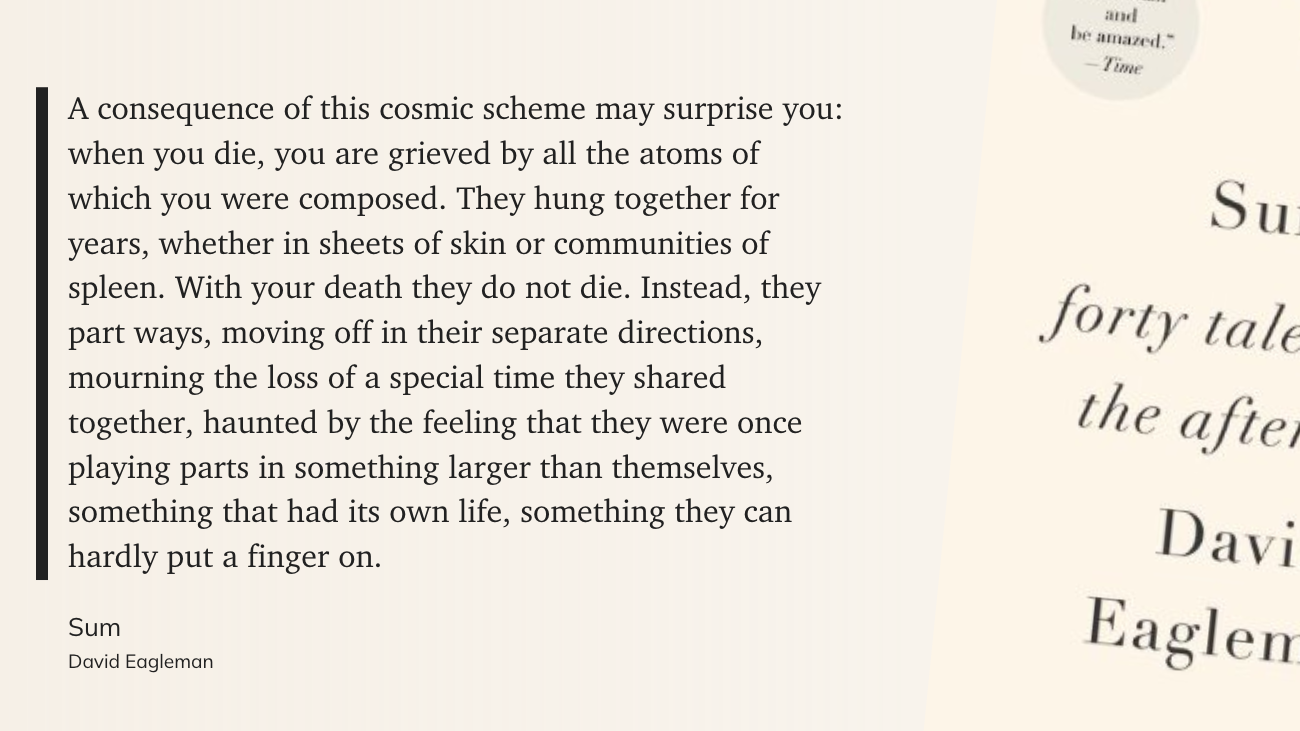
I love how this idea is easy to extrapolate and make us wonder whether we are an organism when we come together like that in moments that "have a life of their own", when we share a feeling "we can hardly put a finger on".
If we think about it, humanity is pretty much an organism. We are basically a very busy layer of skin over the surface of the Earth. A living, moving, waving entity that responds to stimuli from its environment. A group of cells working together to perform a function.
Although if said function is to participate in the survival of the planet, we haven’t exactly been very good at helping our environment grow, thrive, or even survive for that matter.
Now if humanity is an organism, we would be the cells.
We all, as individual humans —or cells— play our role, know the task we want to do, communicate together, and take concrete action onto the world to change it, ever so slightly. We each have our own unique agenda, driven by our DNA and changed by our environment. We reproduce, so that the organism keeps growing as older "cells" perish.
And I’m not talking about making the wheel of economy turn, or making society function in cooperation. Although that’s probably valid as well in that civilization can also be seen as an organism and we would all be cells. Rather, I’m referring to the slightly higher dimension of our purpose in life, our interests driven by love —which I believe to be the universal language.
The main questioning that arose for me during these olympic events was "What makes an organism an organism?" Is it the sheer number of participants? Is it their synchronicity? These calculated movements that create the illusion of oneness, that create a new distinct entity? Is it the flow of communication between cells? Is it their common goal? Is it their relation to their habitat?
Then I also wondered "What makes a cell a cell?". Is it the dependency on each other? A single cell cannot thrive for very long. (Except this 4cm large one.) That’s just how if you were to seclude yourself from society and keep no contact with anyone, you wouldn’t last for very long, at least mental stability-wise. Social connection is a core pillar of health for us complex human cells.
I wonder why we don’t have that sense more developed in our intuition. That sense of togetherness, of unity. How when we walk down a busy street, it would be incredibly mind-expanding to actually see other people as the complex beings they are. Acknowledge that they have complex lives, complex pasts, complex identities, just like us. Like what is captured in the term sonder from The Dictionary of Obscure Sorrows; n. the realization that each random passerby is living a life as vivid and complex as your own. I wonder why we evolved so that our initial reaction tends to be judgment.
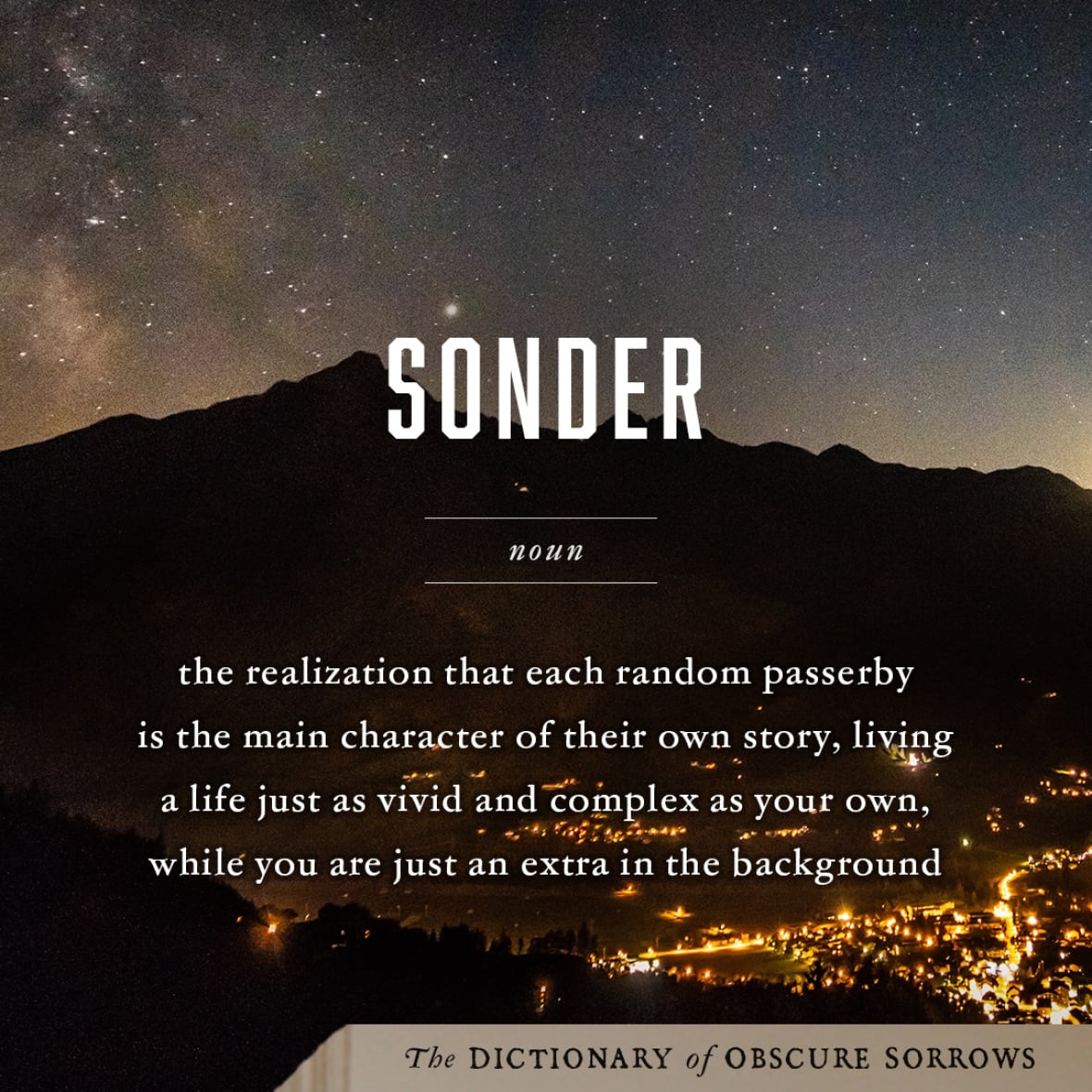
Why aren’t we more "ubuntu'ed" or "sonderful" in the way we perceive others, and embody Mandela's vision of:
“...the profound sense that we are human only through the humanity of others; that if we are to accomplish anything in this world, it will in equal measure be due to the work and achievements of others”
—Nelson Mandela
If I come up to you and tell you "I am because we are", am I not really saying "thanks for playing your role in this large game we didn’t sign up for, because it makes my role valid too", or even "your existence makes mine count just as it makes everyone else’s".
What I want to get to here is that if we embodied our role as part of a collective organism, we would level up from wanting to fulfill our own individual purposes and potentials, and would unlock humanity’s potential as a whole. Just imagine the possibilities here, if we all truly worked toward common goals with a deep sense of connection and togetherness. We would ask for help more, we would communicate better, empathy would be a given, and we wouldn’t be blocked by pride or ego. We would combine all our strengths and abilities and thus create an amplified amount of impact, and hopefully also a compounded amount of meaning.
So I guess that’s what I want to leave you with. This idea, this possibility for humanity to sense itself as an organism rather than us individual cells maximizing our individual lives and freedoms. Questioning individualism as an ideology, how it came to be the norm, and why we might want to unlearn it.

